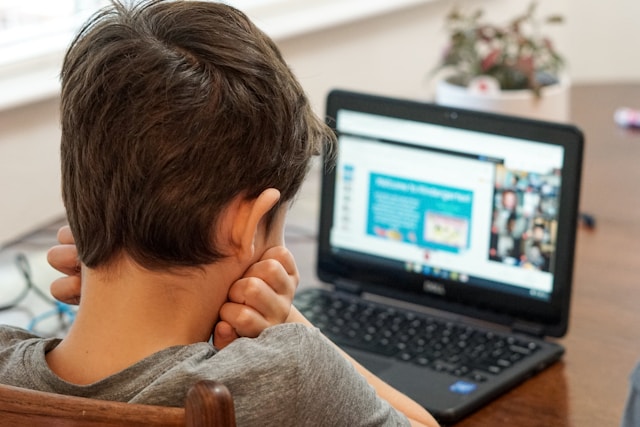In our fast-paced world, where schedules are often packed and demands are high, the concept of self-care has become increasingly important. While it’s often associated with adults, teaching children about self-care from a young age is crucial for their overall well-being and development. In this blog post, an independent school in Surrey explore why teaching children about self-care is important and provide practical tips for helping your child learn and practice self-care habits.

Why Teach Children About Self-Care?
Building Resilience: Teaching children self-care skills can help them develop resilience and cope with stress and adversity in healthy ways.
Promoting Well-Being: Self-care practices promote physical, emotional, and mental well-being, laying the foundation for a lifetime of healthy habits.
Fostering Independence: Learning self-care skills empowers children to take responsibility for their own health and happiness, fostering independence and self-confidence.
Enhancing Relationships: When children learn to care for themselves, they develop greater empathy, compassion, and understanding for others, strengthening their relationships with family and peers.
Practical Tips for Teaching Self-Care to Children:
Lead by Example: Children learn best by observing and imitating the behaviour of adults around them. Model healthy self-care habits in your own life, such as prioritising rest, eating nutritious foods, engaging in physical activity, managing stress, and seeking support when needed.
Start Early: Introduce age-appropriate self-care practices to your child from a young age. This could include teaching them how to brush their teeth, wash their hands, get dressed independently, and engage in calming activities such as deep breathing or mindfulness exercises.
Create a Routine: Establishing a regular self-care routine can help children develop consistency and structure in their daily lives. Encourage your child to create a self-care schedule that includes time for activities they enjoy, such as reading, drawing, playing outside, or spending time with loved ones.
Encourage Independence: Give your child opportunities to make choices and decisions about their self-care routines. Allow them to select their own clothing, choose healthy snacks, and participate in activities that bring them joy and relaxation.
Teach Emotional Regulation: Help your child identify and express their emotions in healthy ways. Encourage them to talk about how they’re feeling, validate their emotions, and teach them coping strategies such as deep breathing, progressive muscle relaxation, or taking a break when they need it.
Promote Physical Health: Teach your child the importance of taking care of their physical health through regular exercise, nutritious eating, adequate sleep, and practicing good hygiene habits such as washing their hands and brushing their teeth.
Encourage Boundaries: Teach your child the importance of setting boundaries and saying no to activities or requests that may compromise their well-being. Help them recognise when they need to take a break and prioritise their own needs and limits.
Celebrate Achievements: Acknowledge and celebrate your child’s efforts and achievements in practicing self-care. Praise their independence, resilience, and willingness to take care of themselves, and provide positive reinforcement to encourage continued growth and development.
Teaching children about self-care is an essential part of fostering their overall health, happiness, and resilience. By modelling healthy habits, creating routines, encouraging independence, teaching emotional regulation, promoting physical health, encouraging boundaries, and celebrating achievements, you can help your child develop lifelong self-care skills that will serve them well throughout their lives. Remember to be patient, supportive, and consistent in your approach, and prioritise your child’s well-being above all else. With your guidance and support, your child can learn to prioritise self-care and lead a happy, healthy, and fulfilling life.